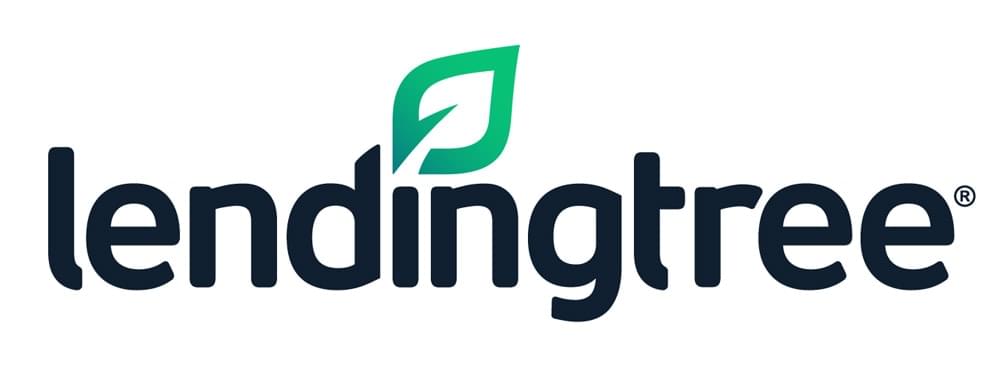



An FHA construction loan will allow you to build your own home or even purchase a dilapidated one and renovate it.
If you desire to take out a mortgage to build your very own dream home, you will almost certainly need a home construction loan. These loans may prove valuable if you plan on purchasing and subsequently remodeling a fixer-upper house.
However, most construction loans can be pretty difficult to qualify for unless you have a reasonably high credit score or can afford to put down a hefty amount upfront.
Suppose you feel that you are struggling to qualify for any private construction loan. In that case, your lender might offer you loans that are fully backed by the Federal Housing Administration (FHA); these loans are known as FHA construction loans. They accept even relatively low credit scores and down payments when compared to private construction loans.
One of the top salient features of an FHA construction loan is that you only pay the total closing costs ‘prior to’ any construction work. This is because the mortgage automatically converts to a permanent loan after construction.
A regular FHA construction home loan makes it possible for even low to middle-income homebuyers to avail of a loan on a credit score that might be as low as 580. Similarly, the down payment could also be as low as 3.5 percent of the project's total cost.
Sometimes, FHA loans might also allow for a higher than normal debt-to-income ratio. This is a measure of how easily you will be able to pay off your total debt. However, this depends entirely on the discretion of your lending institution.
A 203k loan is a classic example of an FHA backed loan targeted towards our society's lower-income segment.
There are two main types of FHA construction loans that are as follows:
The construction-to-permanent loan effectively combines any sort of short-term construction loan with a more long-term mortgage. This means that there is only one application, as well as a single closing process. Since both the loans have been merged, you have to do the paperwork only for a single loan. This way, there is no need to take out any number of new mortgages once your property's construction is complete.
With this kind of loan, once you close on the mortgage before commencing construction, the funds from the mortgage will directly go into escrow.
In this case, all the amounts intended for the construction process, not to mention inspections and builder validation fees, will be automatically distributed. But this distribution will take place as per the stages of the whole property construction process. Each stage will get the required funds, and as each stage is completed, the succeeding stage will gain access to these funds to ensure the project's smooth running.
Here, it is pertinent to note that to be deemed eligible for a construction-to-permanent loan; you will have to meet certain conditions:
During the construction phase of the property, you will have to make interest-only payments every month.
Around two months after you have applied the finishing touches and the construction inspection has given the green light, you have to start paying back the amortized mortgage. However, this will only happen when the house is ready, and it can become a proper residence for you and your family.
Here, it is pertinent to understand that there are a few drawbacks to construction-to-permanent loans. They tend to have pretty high closing costs. Add to that the prequalification, application, underwriting processing, and the whole thing is liable to drag on far longer than a conventional standard mortgage.
And this is not all; your contractor will also need to go through a highly detailed approval process. This process can take anywhere from a fortnight to a full three months or so. You will need to close all of these issues before actual construction can start on the site.
A 203(k) rehabilitation mortgage is also colloquially referred to as a rehabilitation loan. Such a loan allows you to refurbish and finance any run-down property that might otherwise be rejected by the lending agencies. Such loans have the same advantages as their construction-to-permanent loan counterparts.
Apart from the above, some other types of FHA loans can help fund your home construction and improvement programs
The FHA has a product that can be used to finance the construction of a house on any piece of land owned by the applicant for a period that exceeds six months. It comes under the 203(b) loan program.
Borrowers can avail of a 203(h) disaster loan in presidentially-declared disaster-hit areas. It is possible to use this loan to buy or reconstruct houses belonging to the victims of a massive disaster.
The FHA has a loan product designed to encourage the utilization of natural energy resources. A ‘solar and wind technologies’ loan allows the borrowers to increase their total mortgage amount so that they would be able to fund wind or solar energy-based renovations to the home. The purpose is to create a more environmentally friendly and sustainable energy consumption model.
FHA construction loans are renowned for their low-cost down payments as well as liberal credit requirements. This makes them one of the best loan options for the first time home buyer. Get in touch with your mortgage broker to see how you can avail of this facility today.



